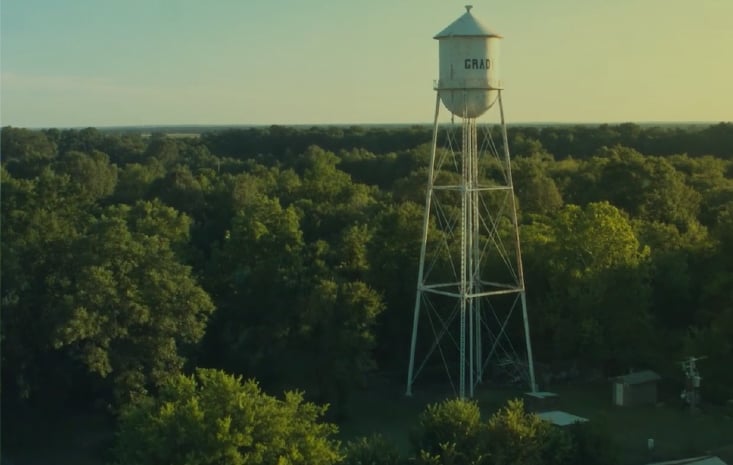With many areas of the country in need of moisture, Agricen’s Scott Lay spoke with WITY Radio's Dennis Michelsen about Terramar, a new technology for the row crop market that can help growers protect their yield potential from heat and drought stress.
Dennis - WITY Radio: When it comes to wanting a little more rain and being concerned about stress in our corn and soybeans this time of year, that’s where Terramar comes into play.
Scott - Agricen: Right. Terramar is a new technology for the Midwest corn and soybean markets. We’ve already had it commercially available in high-value fruit and vegetable crops in Florida, California and the coastal areas.
Terramar is a combination of a biological extract of kelp and a carbon source that does two things. One, it helps to minimize effect of heat and drought stress in the plant. We’re trying to protect the yield potential that exists by minimizing yield robbing factors, like heat and drought stress, which are all too often an impediment to yield as the crop matures.
Secondly, it helps with nutrient uptake. As we move through the pollination and flowering to grain-fill phases in both corn and soybeans, it is a critical time in terms of nutrient consumption and nutrient demand. So the more “groceries” we can get into that plant, the better chance we have to optimize yield.
Dennis - WITY Radio: It really doesn’t matter whether they are being applied to a fruit or nut crop or to corn and soybeans. The actual game plan works similar.
Scott - Agricen: That’s very much the case. The factors that drive or impact yield are very comparable across crops. We’ve learned a great deal through our experiences in fruit and vegetable crops, and over the last couple of years we’ve screened Terramar in corn and soybeans and had very consistent results across a wide geography in the Midwest.
Dennis - WITY Radio: This is the perfect time for folks to start experimenting to see what Terramar can do in their fields. If you look at the weather, we are going to need to combat those high stress situations with smarter agronomy.
Scott - Agricen: Heat and drought-like conditions impact yield. That’s a fact. Now, the technology in Terramar is not a replacement for precipitation, nor does it make a 95-degree day 75 degrees. But if you can minimize the impact of that heat and/or drought stress in the plant, that’s a positive thing. It buys you more time and allows the plant to respire more efficiently, create more chlorophyll and undergo more photosynthesis, and that leads to a more consistent and productive yield.
Dennis - WITY Radio: You talked about the wide array of field trials ranging from areas like Kansas that are notoriously dry at this time of year to areas like Central Indiana that get more typical weather. The return on investment and the return in bushels has been quite amazing.
Scott - Agricen: In terms of yield impact, our average across a wide range of corn trials is in that 6 to 8 bushel range and in soybeans we’re looking at a 3 to 5 bushel range. There are instances where conditions are more challenging with heat and drought stress where we've seen upwards of a 10 to 12 bushel response in corn and similar in soybeans. We’re confident in the consistency that Terramar will deliver in terms of yield impact.
Terramar is available from Nutrien Ag Solutions.
This interview was edited for length and clarity. You can listen to the full interview below or on Agricen's YouTube channel.





